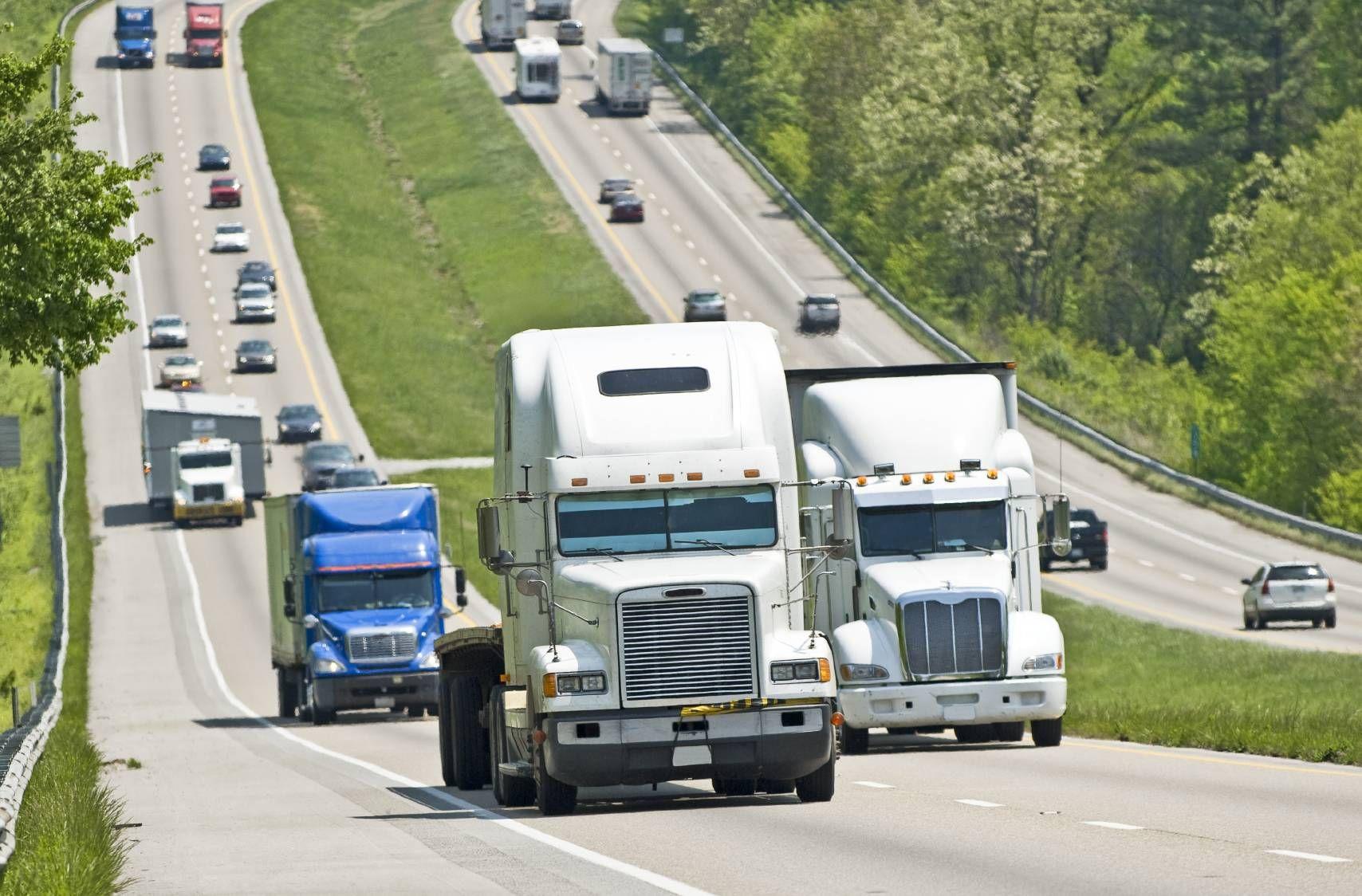Media Room
LPG gains momentum in Canada

From extraction to end-use, Canada’s LPG industry supports a significant level of economic activity. A new Conference Board of Canada report, titled Fuelled Up: An Updated Overview and Outlook of Canada’s Propane Market and Industry, finds that LPG production is expected to increase by more than 20% over the next 7 years, and so will the industry’s economic footprint.
Canada’s LPG industry will play a greater role in the country’s transition to a clean-energy economy, helping reduce greenhouse gas emissions (GHG) from transport sector. According to the report, increasing energy demand, innovations in technology, and environmental issues related to air quality and GHG emissions suggest that LPG can offer fuel-switching options in market sectors like vehicle fleets, among others.
“The use of LPG as a transportation fuel has significant potential for growth due to its ability to reduce GHG and fuel consumption costs. Transport fleets are dynamic, and operators historically have focused on price, service characteristics, convenience in operations, features, style, fuel economy, and maintenance costs when choosing a vehicle,” says the report.
According to data from the British Columbia Ministry of Environment, CO2 emissions in Autogas fleet vehicles are lower by more than 30% compared to gasoline. In comparison to diesel, LPG has up to 40% less CO2 emissions in both trucks and cars. Moreover, LPG offers opportunities for significant reductions in NOx emissions: light-duty vehicles and trucks running on Autogas generally emitted over 94% less NOx than gasoline and 87% less NOx than diesel.
“Moreover, the federal alternative fuel excise tax exemptions and provincial subsidies provide a significant financial incentive for the use of LPG as a vehicle fuel. LPG is exempt from the excise tax. Overall, these taxes are much lower (and sometimes non-existent) for Autogas compared with gasoline or diesel,” adds the report.
For more information, please visit this link.
19 December 2018
